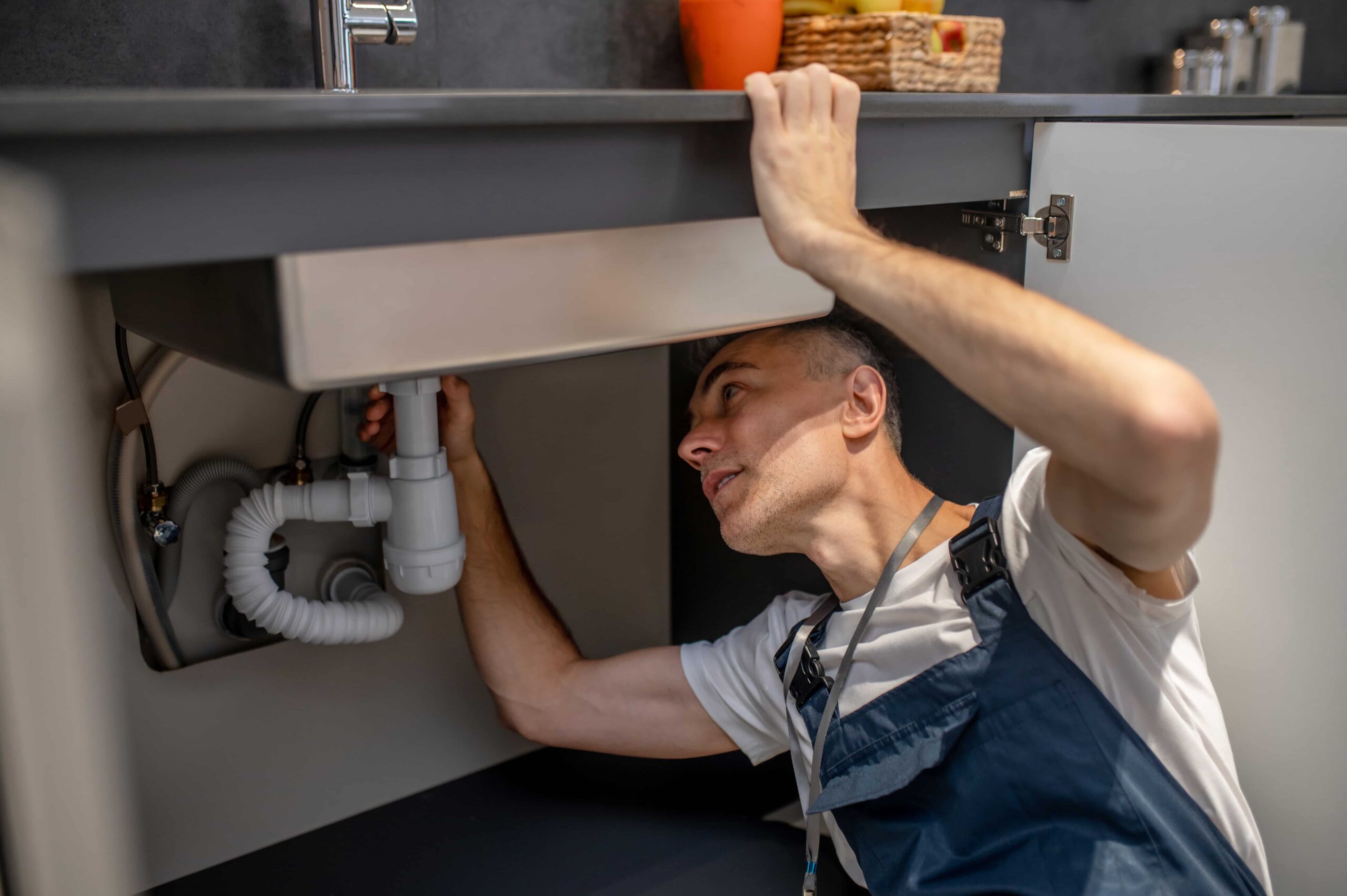In today’s digital world, self-employed professionals need to stay ahead of the curve, and one of the best ways to do that is by establishing a strong online presence. While social media and word-of-mouth are great tools, a dedicated website offers several advantages that can make a huge difference in how you attract clients, build credibility, and grow your business. Here’s why having a website is essential for anyone who is self-employed.
In This Guide
Professionalism and Credibility
A website instantly elevates your professional image. Think of it as a virtual business card, but far more impactful. A well-designed site provides potential clients with a sense of security and trust, showing that you are serious about your work. It’s much easier to take someone seriously when they have an organised and professional online presence. Without a website, you might be seen as less established or credible.
Showcase Your Work and Skills
As a self-employed individual, you are your brand. A website gives you the perfect platform to showcase your skills, experience, and portfolio in a polished and cohesive way. Whether you’re a graphic designer, writer, photographer, or consultant, you can display your past projects, case studies, and testimonials. This serves as a living portfolio that you can update regularly, ensuring that your best work is always on display.
Reach a Wider Audience
Having a website opens the door to a global audience. While word-of-mouth and local clients are important, you’re limiting your potential by only relying on them. With a website, you can be found by anyone, anywhere. You can optimise your site for search engines (SEO), ensuring that people looking for your services can easily find you. Whether you’re in a small town or a large city, your website acts as a 24/7 marketing tool that keeps working for you even when you’re not.
Control Your Brand and Message
Social media platforms and third-party services control how your business is presented online. A website, however, allows you full control over your branding, message, and design. You can tailor the user experience to reflect your personality and the essence of your work. It’s a space where you can truly tell your story and communicate exactly what you offer, without the limitations imposed by external platforms.
Increase Your Visibility with Search Engine Optimisation (SEO)
A website can help you rank higher in search engine results when potential clients search for services you offer. This is known as search engine optimisation (SEO). By implementing a few basic SEO strategies, such as using relevant keywords, adding quality content, and obtaining backlinks, you can increase your website’s chances of appearing at the top of search results. When people search for terms related to your field, your website will have the opportunity to attract new clients organically.
Establish 24/7 Availability
Unlike a social media account or an email inbox, your website works for you 24/7. Clients can visit your site at any time to learn about your services, browse your portfolio, and get in touch with you. With a contact form or booking system integrated into your site, they can reach out even when you’re not available, making it easier to capture leads and respond to enquiries on your own time.
Stay Competitive
In nearly every industry today, having an online presence is no longer optional—it’s essential. If you’re a freelancer or self-employed professional and you don’t have a website, chances are your competitors do. This means that you may be losing potential clients to those who are making it easier for people to find them online. Having a website ensures you don’t get left behind in the digital age.
Streamline Client Interaction
A website doesn’t just serve as an informational tool; it can also simplify communication. You can include a contact form, booking system, or even an FAQ section to address common questions from potential clients. This reduces the time you spend answering the same questions over and over and makes it easier for clients to engage with you.
Increase Opportunities for Networking
A website can also act as a networking tool. You can include links to your social media profiles, as well as to professional platforms like LinkedIn. This allows potential clients to learn more about your background, qualifications, and connections. Furthermore, your website can be a jumping-off point for partnerships and collaborations with other self-employed professionals or businesses.
It’s a Long-Term Investment
Unlike renting office space or purchasing advertising, your website is an asset that grows in value over time. You can update and improve it as you gain more experience and expand your services. Additionally, the more content you add, the better your chances of improving your SEO, which means your website becomes more visible to potential clients. The longer you have it, the more it works for you.
Conclusion
A website isn’t just a luxury—it’s a necessity for self-employed professionals who want to thrive in today’s competitive, digital-first world. It helps establish credibility, showcase your work, reach new clients, and differentiate you from the competition. Whether you’re a freelancer or a small business owner, a website provides a platform that’s yours to control, allowing you to build a brand, generate leads, and set yourself up for long-term success. So, if you’re still holding off on creating your website, it’s time to invest in your future and take that next step toward growing your self-employed business.
Ready to get started? Contact us at Creative Whale today to help you create a professional, user-friendly website that showcases your brand and boosts your online presence.









